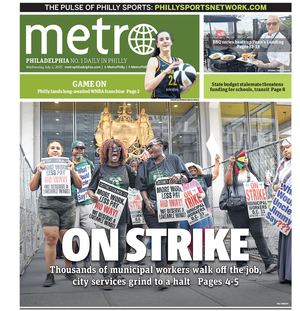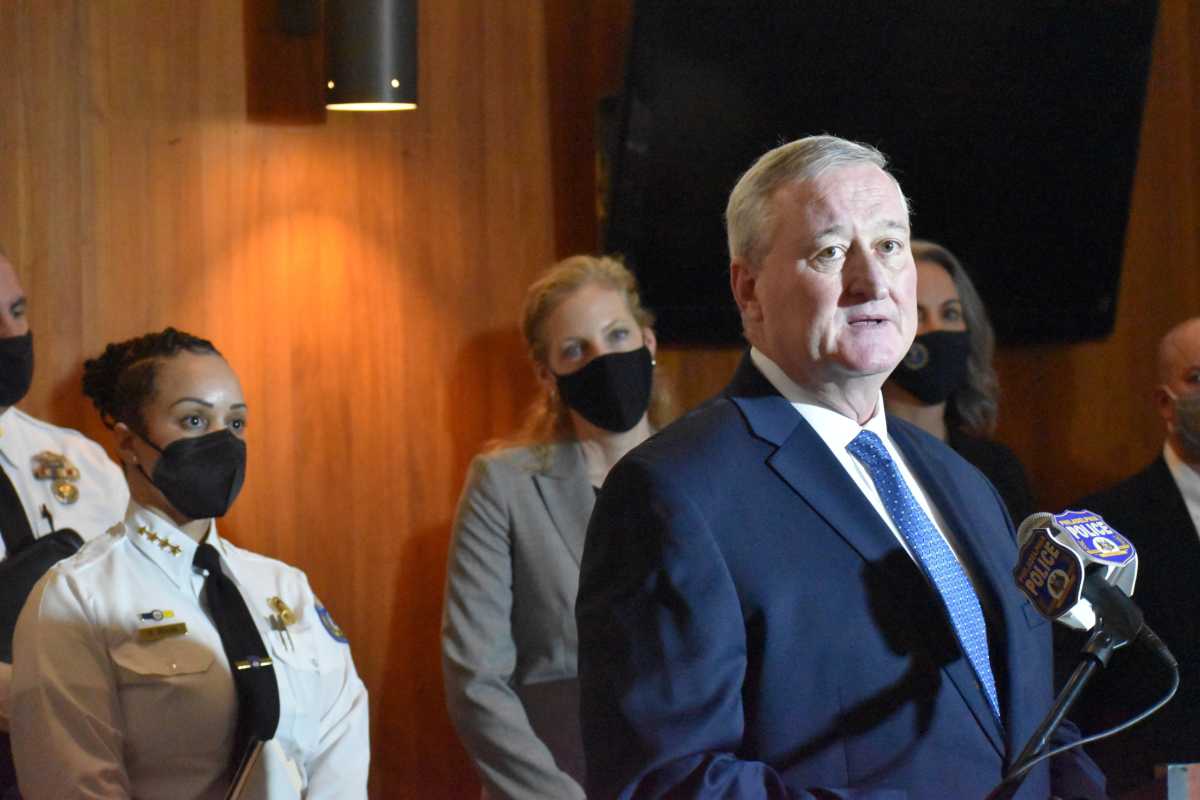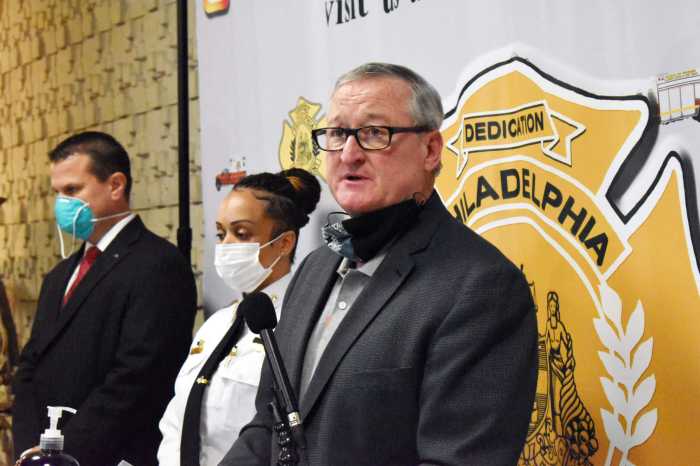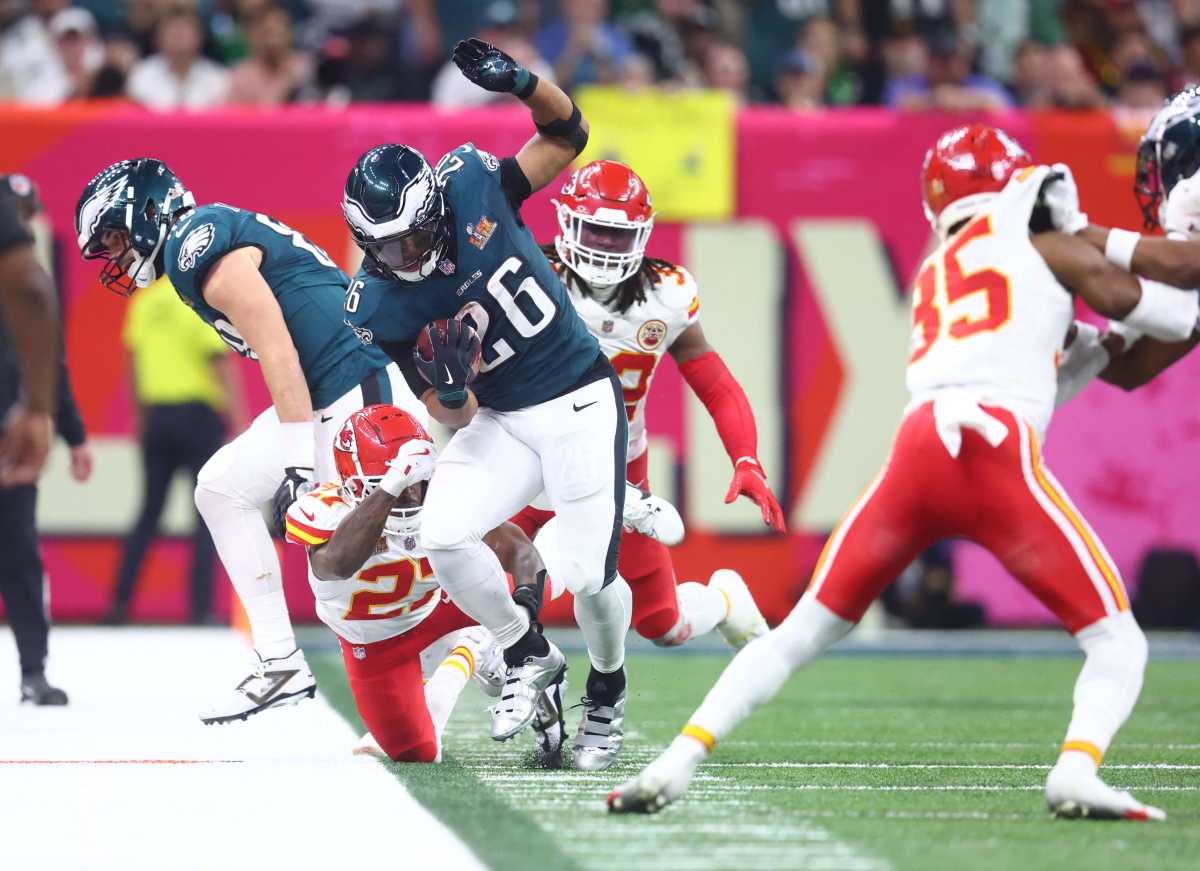Mayor Jim Kenney’s proposed $5.6 billion spending plan puts a heavy emphasis on maintaining existing city services and invests millions in gun violence prevention programs and public education.
Though the budget proposal includes no additional taxes or rate hikes, many Philadelphians may be paying more due to property tax reassessments, which are set to be completed next month.
Kenney’s budget calls for an $184 million allocation for anti-violence initiatives, an 18.5% increase over last year, as the city continues to battle unprecedented levels of homicides and shootings.
“As mayor, my number one priority is to keep people safe and protect our residents,” Kenney said Thursday during a pre-recorded address to City Council.
Incorporated into his proposal is $6 million to expand existing programs aimed at reaching young men most likely to be victims and shooters.
In addition, the budget provides $12 million for grants to community groups combating violence, which is on top of $20 million distributed to such organizations last year.
Just over $3 million is earmarked for forensic upgrades and new equipment for Philadelphia Police Department detectives.
“Although there were a number of investments made in our budget, I don’t get that sense of urgency, in reference to addressing this public safety crisis in our city,” Councilmember Derek Green said following the mayor’s speech.
During last year’s budget process, Council pressured the Kenney administration to devote more funding to non-police crime prevention efforts.
Cherelle Parker, Council’s majority leader, on Wednesday called on the city to immediately fill 175 open police officer jobs and add another 125 positions. Recruitment problems have left the PPD stretched thin.
“Quite frankly, we need more boots on the ground,” Police Commissioner Danielle Outlaw told reporters this week. “Our department is nearly 700 police officers down from where we were just a few years back.”
To that end, two bills were introduced in City Council on Thursday with the intention of expanding the force.
One would provide a bonus of $10,000 for police cadets who complete a year in the ranks, and the other widens the city’s residency requirement, allowing individuals to join the academy if they went to school in Philadelphia or lived in the city before joining the military or while working a different municipal job.
Kenney said Wednesday that the residency requirement, which mandates that recruits live in Philadelphia for a year before signing up, was handcuffing the PPD’s hiring efforts.
Under the mayor’s proposal, the PPD’s budget is set to go up $23.73 million, to just under $782 million, though nearly all of the increase is related to rising payroll costs.
More money for schools, libraries
Education has often been a top priority in Kenney’s spending plans, and his proposal calls for a $14 million increase for the School District of Philadelphia, bringing the city’s total public school funding to $270 million.
Money is also included for three new community schools, which offer additional services to families, and 300 pre-K slots. Both initiatives are funded by the soda tax.
A planned $10.5 million increase for the Free Library of Philadelphia will allow all 50-plus branches to open on a stable, five-day-a-week schedule, administration officials said.
Earlier this week, Councilmember Helen Gym led a rally and news conference outside City Hall, during which Free Library supporters called for a $30 million increase, which they said would pay for libraries to operate six days a week.
Kenney’s proposal would devote an extra $2.78 million to the Department of Parks and Recreation, which includes $750,000 for the development of a new youth sports plan.
SEPTA, which receives its city funding through a formula, is set to receive $100 million, a $9.5 million increase over last year.
Waiting on reassessments
Kenney’s budget team projects a 4.5% increase in property tax revenue; however, officials said the amount could be more depending on how real estate values are reassessed.
If the total is significantly over the estimate, Kenney’s office plans to negotiate property tax relief or cuts to the wage or business taxes, which have been cited as impediments to Philadelphia’s economic growth by business groups.
His administration is predicting a 25% drop in the commuter wage tax, a significant decrease, considering the wage and net profit tax accounts for just over 30% of the city’s total revenue.
People who work at a Philadelphia-based company but live outside the city must continue to pay the commuter wage tax unless their employer requires them to work from home, said Marisa Waxman, Kenney’s budget director.
Councilmember Kendra Brooks introduced legislation Thursday that would impose a 0.4% levy on stocks, bonds and other assets. An analysis found the tax would raise $240 to $280 million.
Kenney, during his budget address, cited the state’s uniformity clause, which requires flat rates across income brackets, for not raising taxes on the rich.
Brooks and supporters of her “Philly Wealth Tax” argue that it would mainly affect high-income residents because the levy does not apply to bank and retirement accounts.
Low reserves
Officials from the mayor’s office project that the city will end the 2023 fiscal year, which begins July 1, with a balance of $153 million, far lower than the administration’s internal goals and the pre-pandemic reserve of $439 million.
By the end of the five-year spending plan, City Hall could be left with just $60 million in the bank, according to budget documents.
Kenney admitted that such a low balance “is not enough to cover city finances in the event of another emergency or unforeseen economic downturn.”
To make up for lost revenues, the mayor’s plan utilizes $335 million of the $1.4 billion allocated to Philadelphia from President Joe Biden’s American Rescue Plan for the upcoming year.
An additional $20 million is proposed for staffing to apply for federal grants from the bipartisan infrastructure plan, and $60 million is set aside in the capital budget to match funding for whatever grants are awarded to Philadelphia.
Council, which must reach a spending agreement with Kenney by June 30, is set to begin hearings on various aspects of the budget next Wednesday.
“We have our work cut out for us over the next two months,” Council President Darrell Clarke commented during Thursday’s virtual meeting.


































